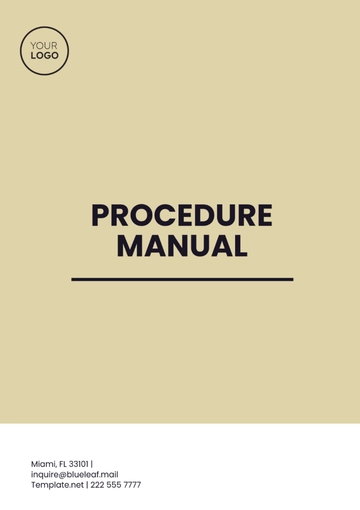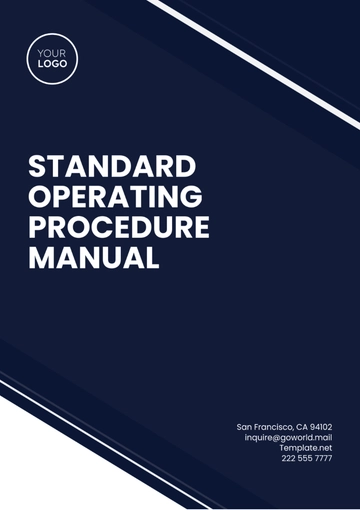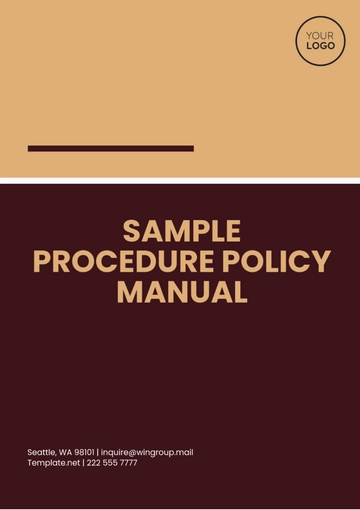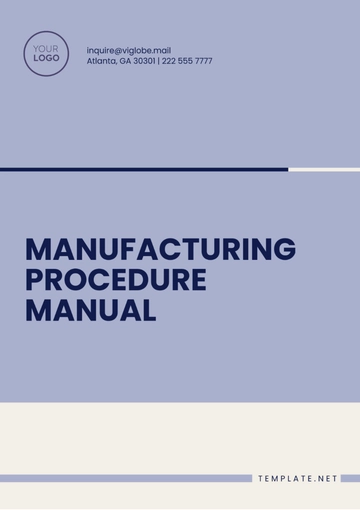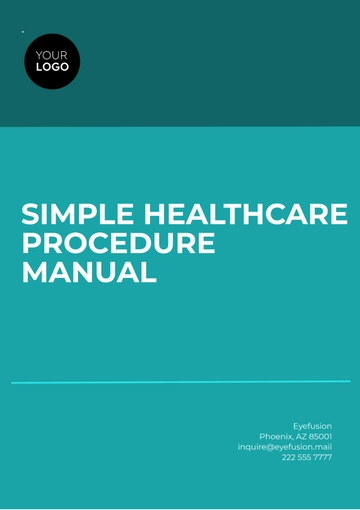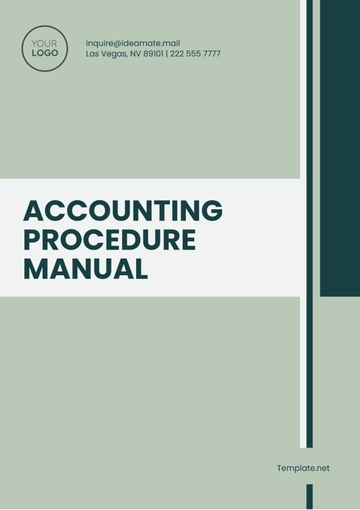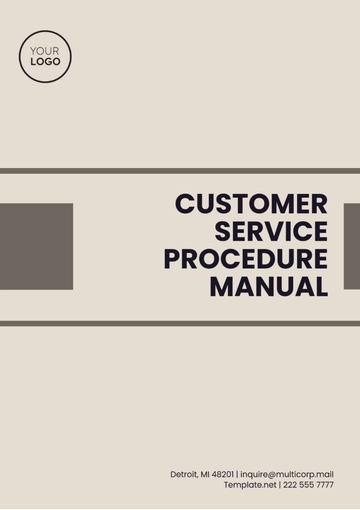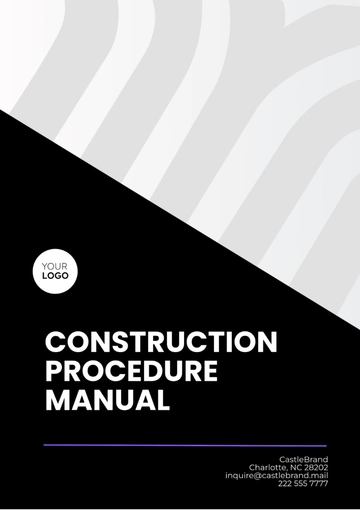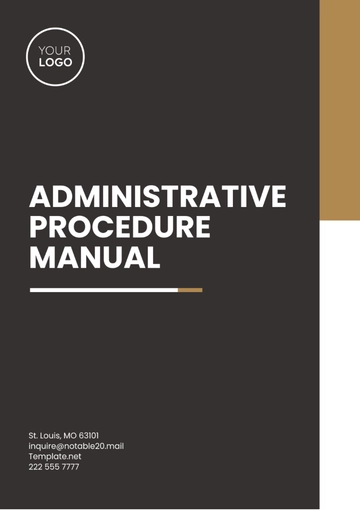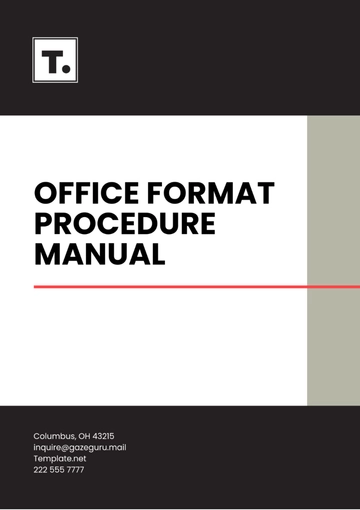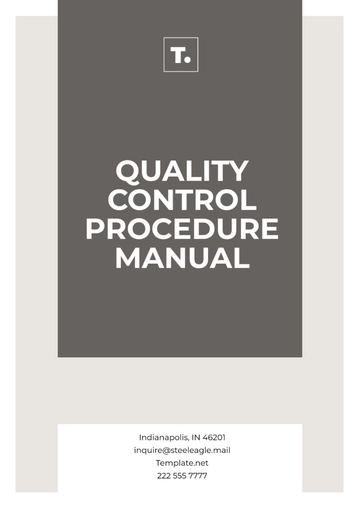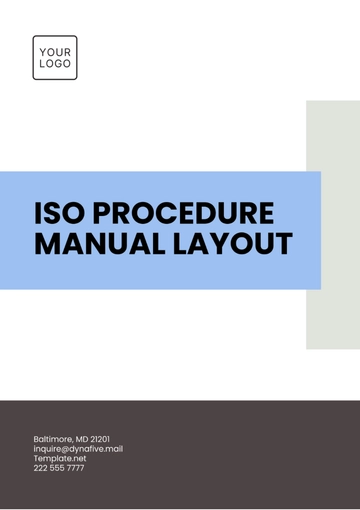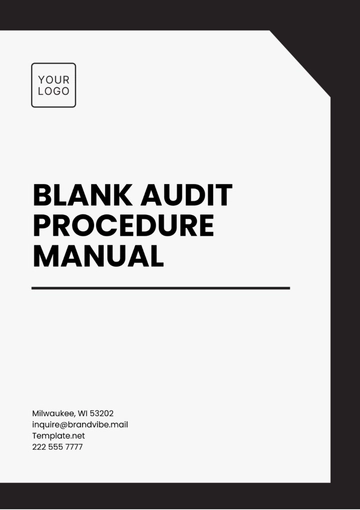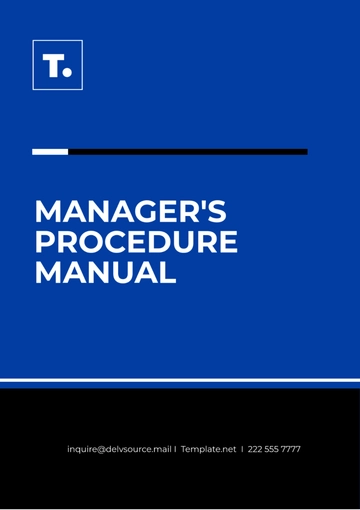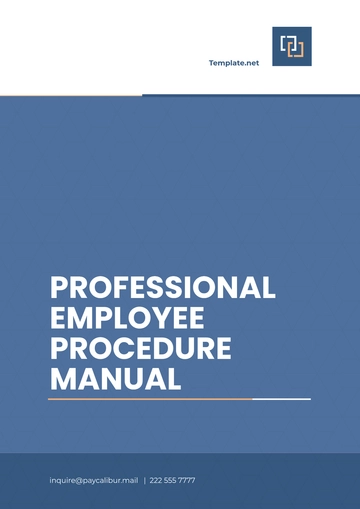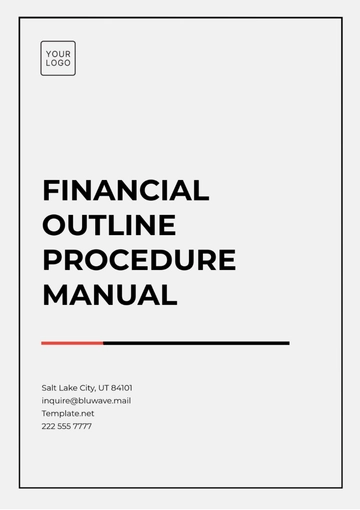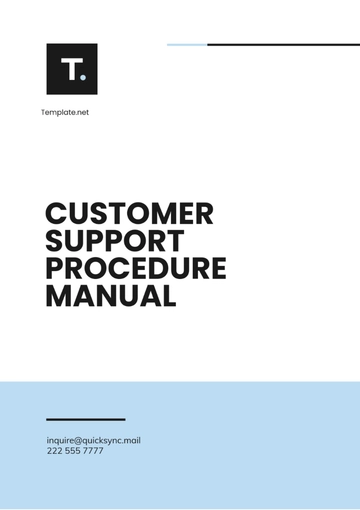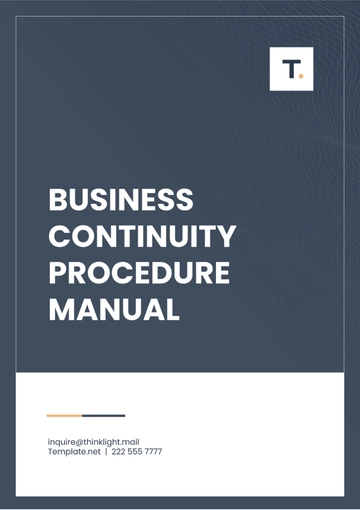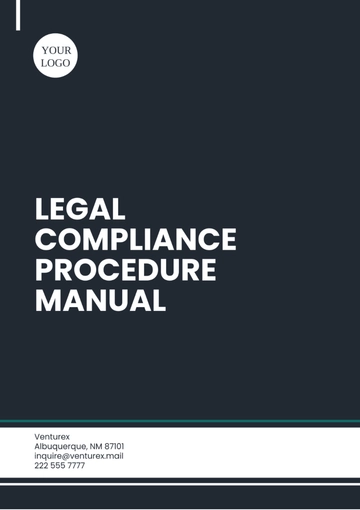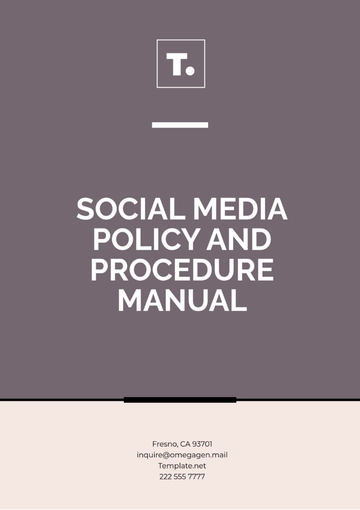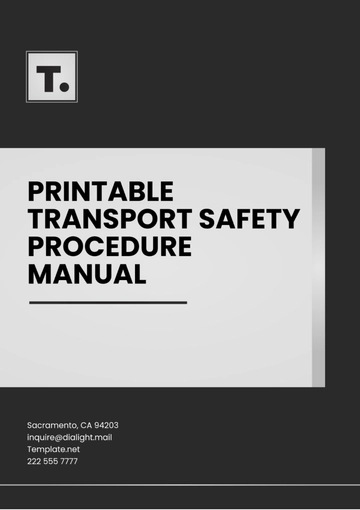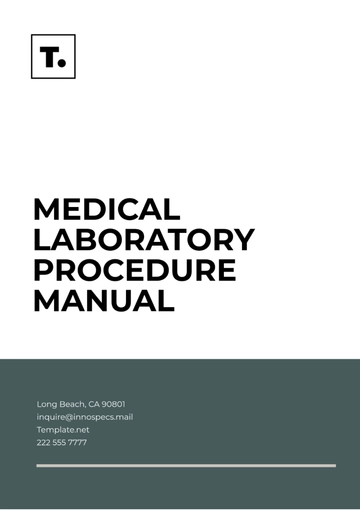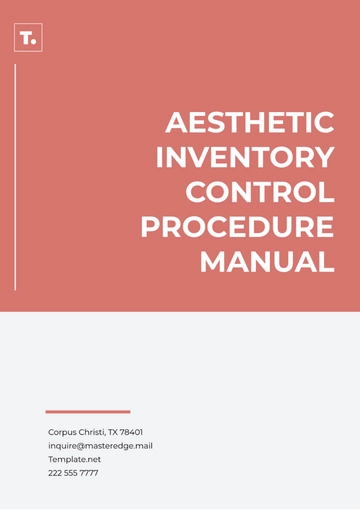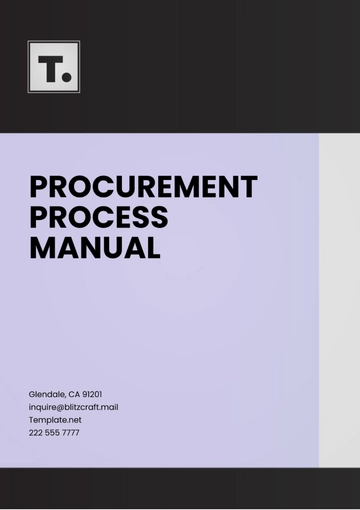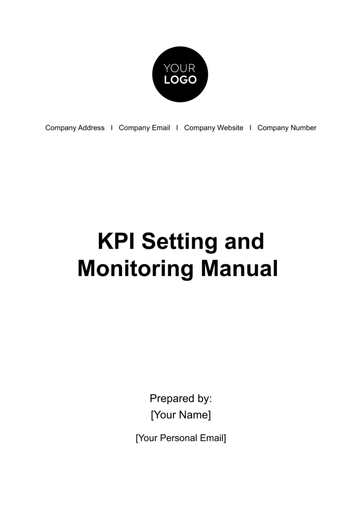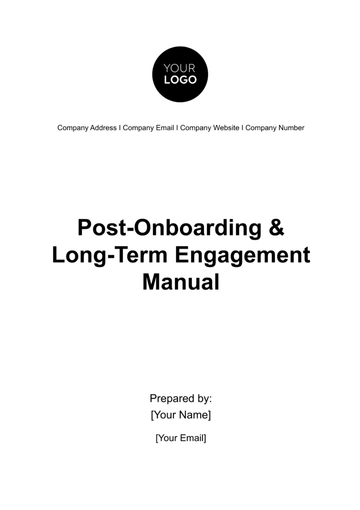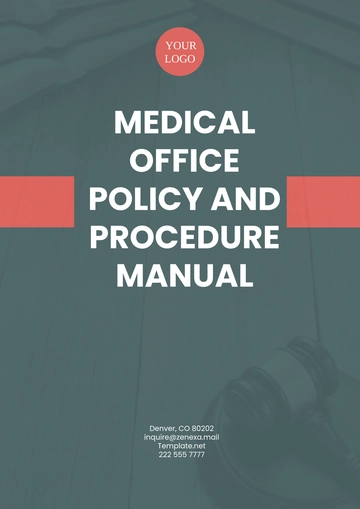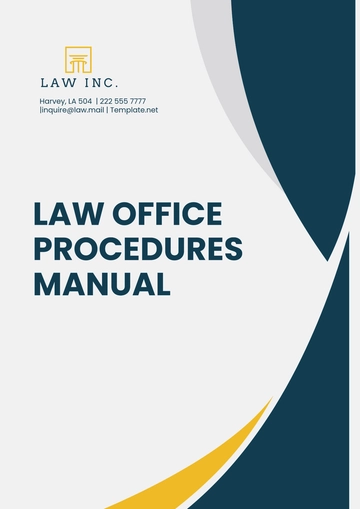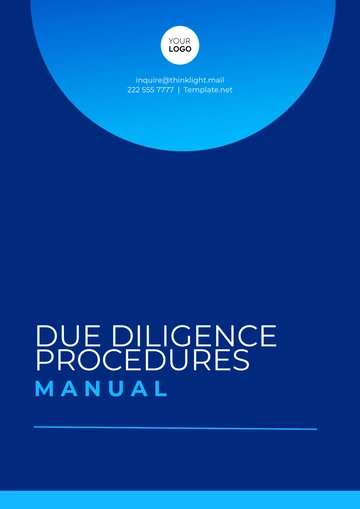Free Notary Public Manual
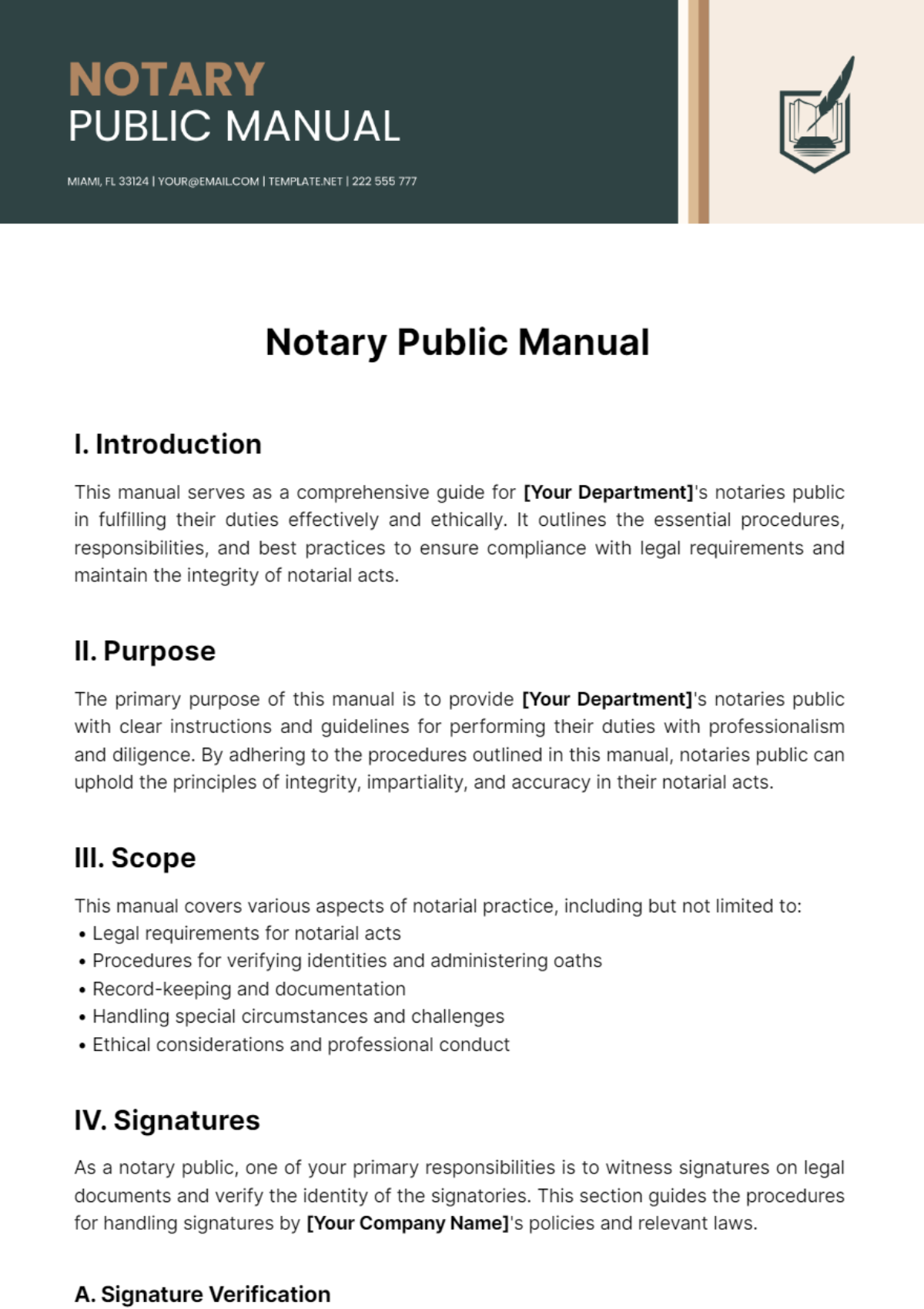
I. Introduction
This manual serves as a comprehensive guide for [Your Department]'s notaries public in fulfilling their duties effectively and ethically. It outlines the essential procedures, responsibilities, and best practices to ensure compliance with legal requirements and maintain the integrity of notarial acts.
II. Purpose
The primary purpose of this manual is to provide [Your Department]'s notaries public with clear instructions and guidelines for performing their duties with professionalism and diligence. By adhering to the procedures outlined in this manual, notaries public can uphold the principles of integrity, impartiality, and accuracy in their notarial acts.
III. Scope
This manual covers various aspects of notarial practice, including but not limited to:
Legal requirements for notarial acts
Procedures for verifying identities and administering oaths
Record-keeping and documentation
Handling special circumstances and challenges
Ethical considerations and professional conduct
IV. Signatures
As a notary public, one of your primary responsibilities is to witness signatures on legal documents and verify the identity of the signatories. This section guides the procedures for handling signatures by [Your Company Name]'s policies and relevant laws.
A. Signature Verification
Witnessing Signatures: When witnessing a signature, ensure that the signatory personally appears before you and signs the document in your presence.
Identification: Verify the identity of the signatory by examining acceptable forms of identification, such as a government-issued photo ID.
Signature Authentication: Confirm that the signature matches the one on the provided identification document.
Date and Time: Record the date and time of the signature to establish the chronological order of notarial acts.
B. Signature Authentication
Document Integrity: Ensure that the document is complete and unaltered before notarizing it.
Signer's Intent: Confirm that the signer is aware of the contents of the document and signs it willingly and knowingly.
Capacity: Verify that the signer has the legal capacity to execute the document, especially in cases involving contracts or legal agreements.
Special Circumstances: Exercise caution when dealing with vulnerable individuals, such as elderly or disabled persons, to ensure that they understand the implications of signing the document.
C. Notarial Certificate
Completion: Complete the notarial certificate with accurate information, including the date, location, and type of notarial act performed.
Seal and Signature: Affix your official seal and signature to the notarial certificate to authenticate the act.
Record-keeping: Maintain a detailed record of all notarial acts performed, including the type of document, the identity of the signatories, and any relevant details.

Notary Public Name: [Your Name]
[DATE SIGNED]
Notary Seal (if applicable): [SEAL]
By following the procedures outlined in this section, notaries public can fulfill their duties with diligence and integrity, thereby upholding the trust and confidence of the public in the notarial process.
- 100% Customizable, free editor
- Access 1 Million+ Templates, photo’s & graphics
- Download or share as a template
- Click and replace photos, graphics, text, backgrounds
- Resize, crop, AI write & more
- Access advanced editor
A Notary Public Manual is a comprehensive guidebook or handbook that provides detailed information and instructions regarding the duties, responsibilities, and procedures associated with the notarial office. It typically includes relevant laws, regulations, best practices, and practical guidance for notaries public to perform their duties effectively and ethically.
